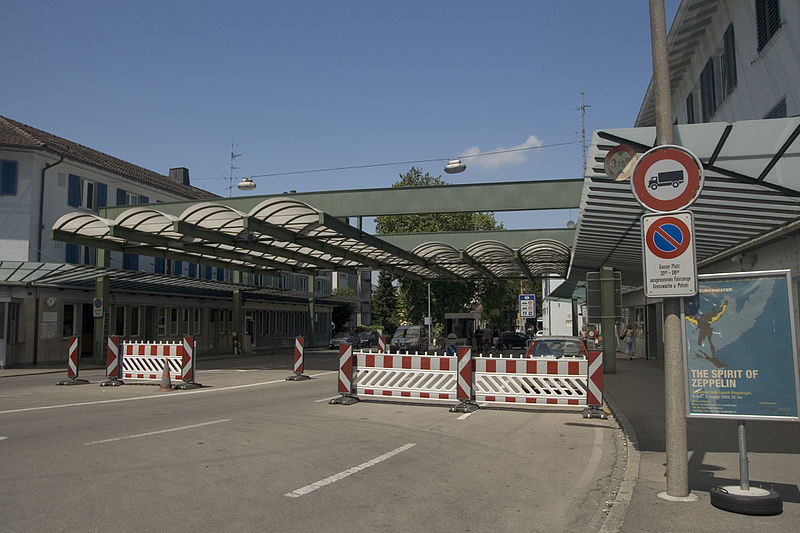
Germany will introduce border controls at its border with Switzerland in response to mounting pressure to manage irregular migration flows. Interior Minister Nancy Faeser (SPD/S&D) also
pledged to establish stationary border controls at the borders with Poland and the Czech Republic on Monday.
In September, Faeser announced that German border authorities would implement stationary controls at the borders with Poland and the Czech Republic, as irregular border crossings had increased by roughly one-third in early October compared to the previous year.
The Interior Ministry has officially notified the European Commission about these checks, re-introducing a new set of border controls within the Schengen area. Member countries within the Schengen area, which includes Germany, have agreed to eliminate stationary controls, but they can apply for exceptions when necessary.
"The federal police can now flexibly deploy a full range of stationary and mobile border policing measures," Faeser stated, citing the need to reduce irregular migration and intensify efforts against human smuggling as the reasons for her decision.
These checks will not be immediately enforced but can be legally implemented as needed by local authorities following registration with the Commission.
Additionally, the plans to allow for stationary controls and spot checks at the border with Schengen member Switzerland have not been widely discussed previously.
However, local politicians in the border region have repeatedly noted an increase in border crossings from Switzerland since 2022.
This decision is coupled with a six-month extension of stationary controls at the Austrian border, which have been in place since 2015.
As migrant numbers rise, the pressure on Germany's coalition government to manage irregular migration also increases.
In regional elections in Bavaria and Hesse last week, voters penalized all three coalition parties—Chancellor Olaf Scholz's Social Democratic SPD, the liberal FDP, and the Greens. Interior Minister Faeser, who was running for the position of state prime minister in Hesse, was also affected by this trend.
Migration played a significant role in these elections, influencing the decisions of approximately one in five voters, according to Infratest Dimap's exit polls.
In response to this, the pro-migration Greens signaled their willingness to change course and adopt a pragmatic approach on Monday.
"Most people worry [about migration] because it pushes municipalities beyond their capacity," acknowledged Green co-leader Omid Nouripour, adding that the Greens were "willing to compromise, but only if it benefits municipalities." Photo by Maksym Kozlenko, Wikimedia commons.



































